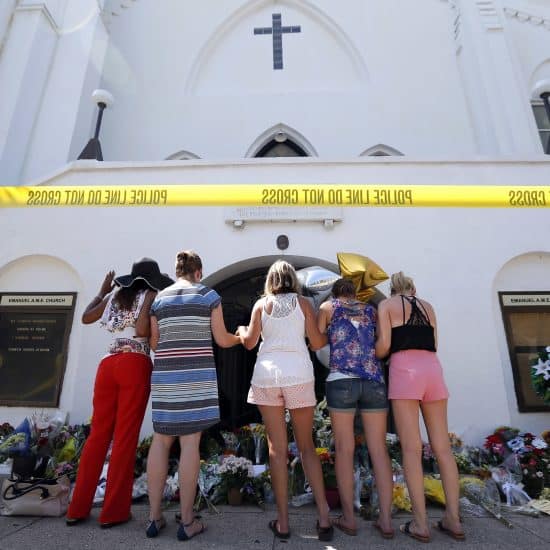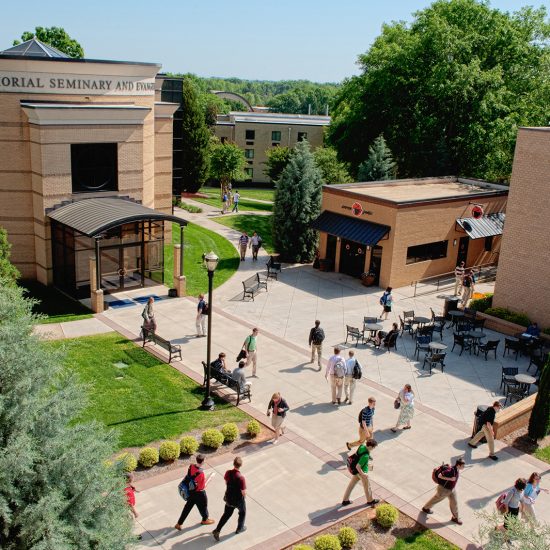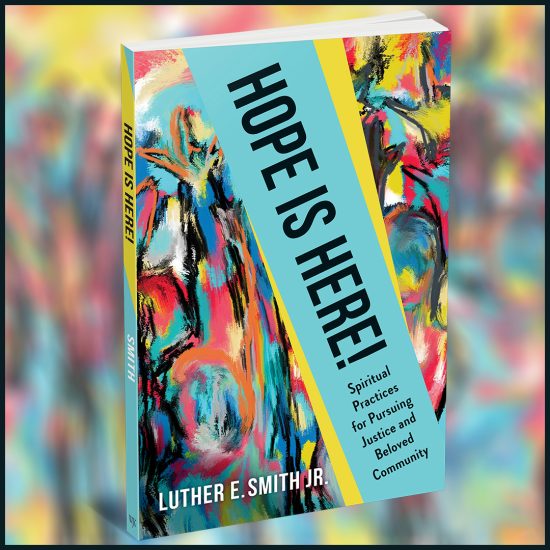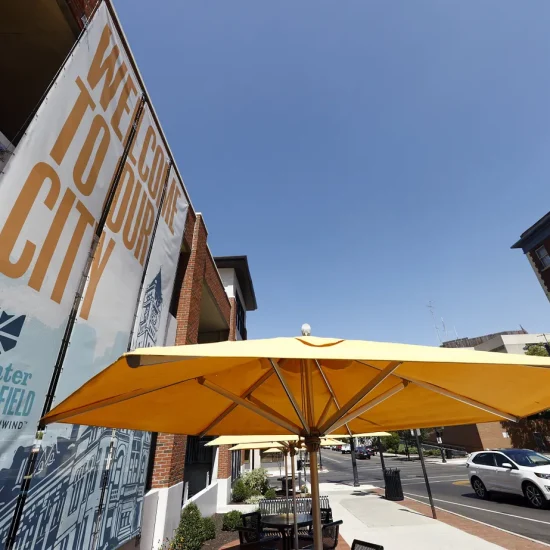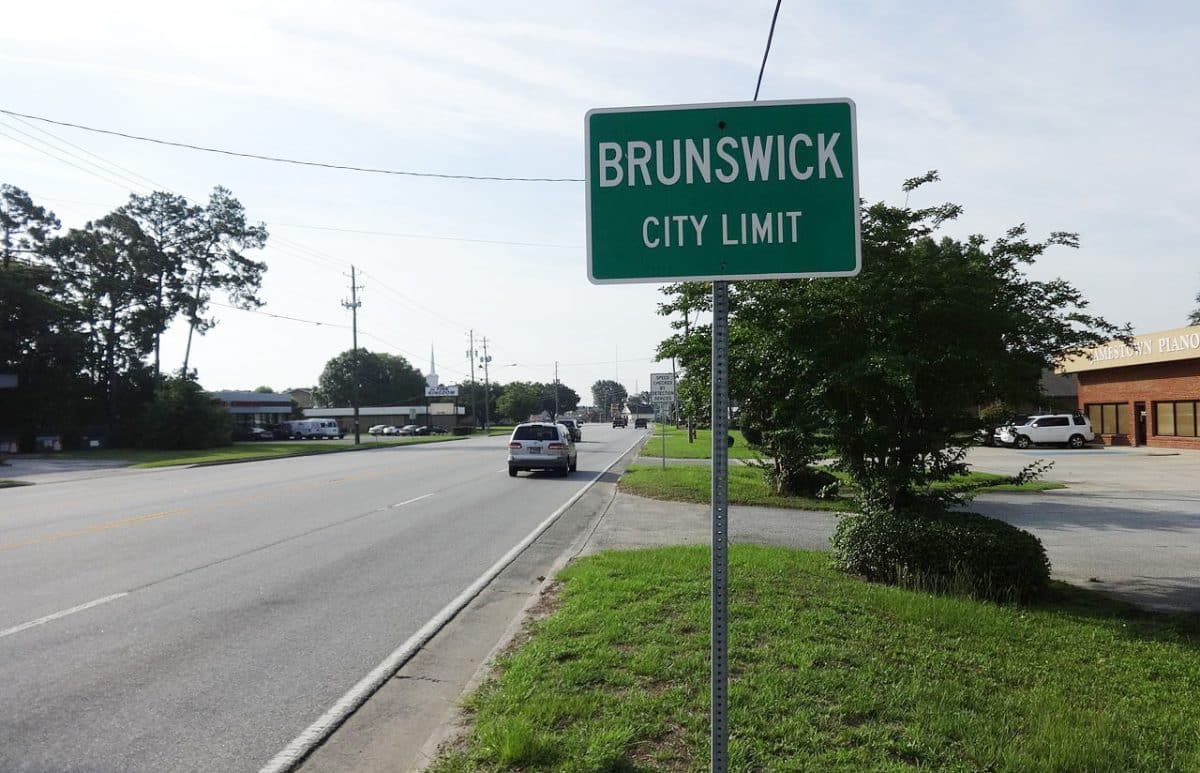
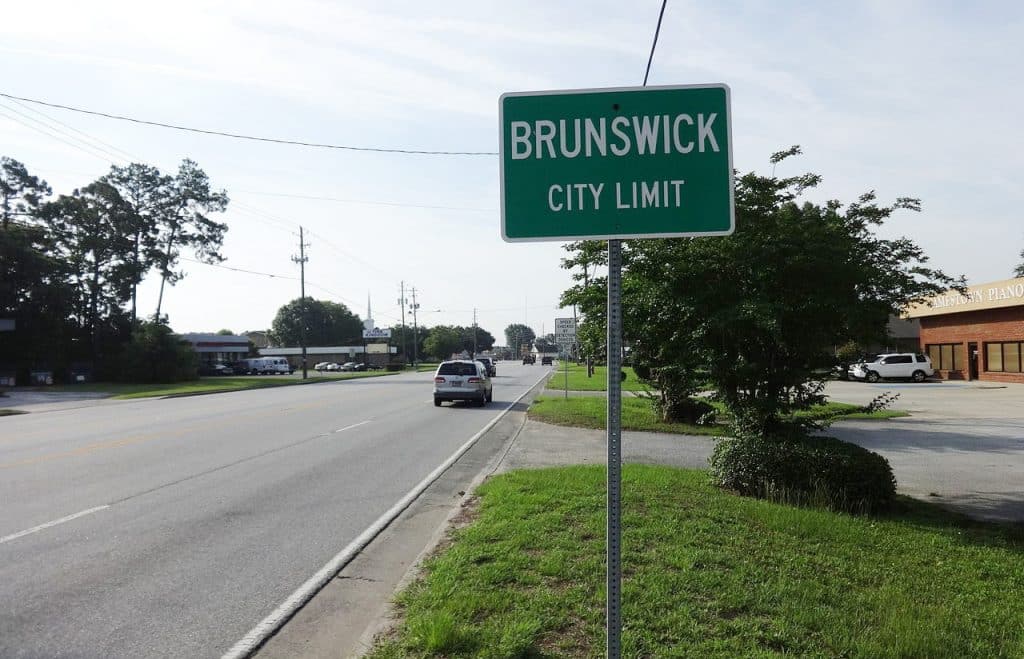
Brunswick, Glynn County, Georgia. Wikipedia Commons
DULUTH, Ga. (BP) — A few years ago my family was about to go on a trip. I was expecting a package to be delivered to my house. So I asked a friend of mine, who’s African American, if he could swing by and pick it up. That conversation went something like this.
Me: “Hey, we’ll be away this weekend and there’s going to be something dropped off at the house. Can you go by and pick it u …”
Him: “No.”
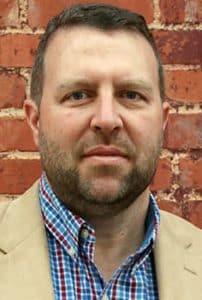
Scott Barkley
His answer slashed off the end of my question. It was abrupt, with a tinge of “You just don’t know.” He went on to explain that, as a black man, walking up to a house that wasn’t his in a white neighborhood and retrieving something from the front porch wouldn’t be the wisest choice. He told it a little differently, actually, but I got the idea.
Learning about Ahmaud Arbery, I understand a little more clearly where my friend was coming from.
The cycle of these shootings and the responses to them has become predictable and soul-wearying. The story breaks (in this case, 2 1/2 months after the actual event) and there is outrage. Attempts are made to paint the victim as the aggressor or “not a choirboy.” Sides form regardless of the evidence. Promises are made for change. And while there is hope for follow-through, there’s also the sinking feeling that we’re all merely waiting for the next shooting.
I’m accustomed to the “wait-until-we-have-the-whole-story” argument. While I’m a huge fan of due process, I can’t help but see the video that has put a Georgia town on edge and pushed us all to search inwardly, and ask if we’re doing enough to help prevent such future tragedies.
The beginning of the video, as a young man with brown skin jogs along a neighborhood street, looks very familiar to me. I’ve seen this before whenever I go for a run with my sons. The 13-year-old is of Hispanic and African-American heritage and starting to grow into his body. The 11-year-old is Caucasian and African American and even at his age, beginning to mature physically. I stay at my overweight-46-year-old-with-bad-knees gait while they push forward, effortlessly loping along in much the same way Arbery did back in February.
But there’s a crucial difference. While Ahmaud Arbery had two white men blocking his path, my sons have one backing them up.
I don’t know of a person who isn’t outraged over this. But check the social media posts of our African-American brothers and sisters in Christ and the overall message is something different from before. They’re asking for the help of Caucasian Christians to speak out and help put a stop to these tragedies.
When you’re with others who look like you and hear something disparaging people of color, say something. If their viewpoints or the weight they place on a topic like racial reconciliation is dismissed, don’t let it be. The conclusion that a black man jogging down the middle of a street in broad daylight must be a burglary suspect doesn’t happen in a vacuum. It builds because of things said, but also things unsaid.
I spoke with Chris Winford, pastor of First Baptist Church in Brunswick, about the environment in his town. Yes, it’s tense. But local churches are doing everything they can to calm things down and point to Christ as the only One who can root out evils such as racism. He and Pastor Todd A. Rhodes of Shiloh Missionary Baptist Church (National Baptist Convention-USA) share not only a calling, but an intersection (Mansfield and Ellis). Each has filled the other’s pulpit at times and both refer to the other as “brother.”
“My prayer is that Romans 8:28 becomes a prophetic statement over Brunswick and Glynn County,” he said. “How do we best respond? There are a lot of questions to ask. We have to show that the love of Christ is for everybody. It knows no color.”
The other night I went to my older son and asked if he’d heard about a young man named Ahmaud Arbery. He hadn’t. I told him what happened, that in this world if he and I jogged down the same street, there’s a much greater chance he’d be considered a threat than me because of the color of our skin. The fact we’ve lived under the same roof his entire life wouldn’t matter.
For obvious reasons I can’t explain to my sons what it’s like to be a black man in America. At best, I can pass along the experiences of others. But for just-as-obvious reasons I can speak up on their behalf. (Eyeballing those who resemble me in skin tone.) We all can.
We can make a stronger attempt at understanding how they see the world, because of how the world sees them.

